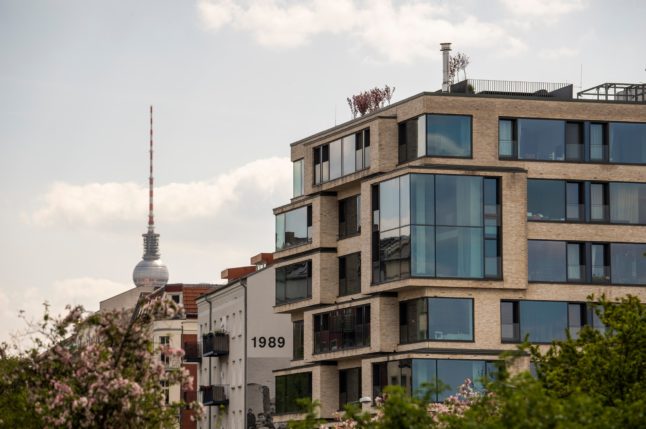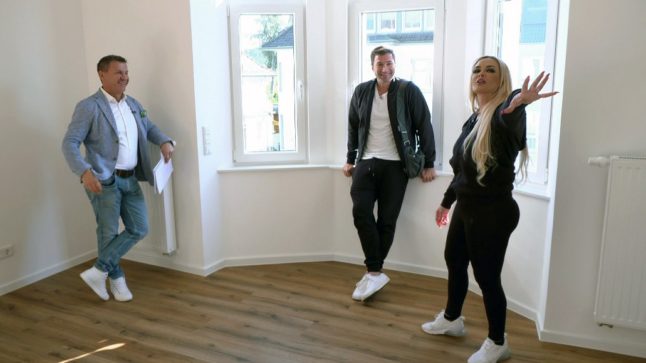The leafy well-to-do western Berlin district of Charlottenburg-Wilmersdorf currently boasts Germany’s most expensive apartment – at least according to a study by Immowelt. To be fair, at 437 square metres, the penthouse is considerably larger than many full German houses. The luxurious pad sold for an astounding €9 million this year, putting it at the top of housing portal’s top ten.
Putting a dash on the city’s historic “poor, but sexy” reputation, four of the ten most expensive flats in Germany were sold in Berlin this year – one of them a 454 square metre palace of sorts just near the Brandenburg Gate. Rounding out the top ten were three apartments in Munich, two in Hamburg and one in Miesbach – close to the Austrian border. The smallest of the ten came in at 210 square metres, while three of the Berlin ones came in at a spacious 400 square metres or over.
It also took more than €6 million to even enter the top ten, with the “cheapest” flat in that list going for €6.2 million.
READ ALSO: What experts say will happen to the German housing market in 2023
Bavarian lakes dominate expensive houses
While Germany’s three largest cities perhaps predictably hold the country’s most expensive apartments, the lakes of the Bavarian Alps take the crown for full houses – and what a luxurious crown it is.
€15 million on Ammersee near Landsberg am Lech got one 2022 buyer a 12-room property with over six square kilometres of land, 445 square metres of interior space, and its own jetty.
The smallest outdoor area for one of the top ten houses came in at 590 square metres, giving plenty of space for playing, running around, or gardening, while interior space ranged from 260 to 500 square metres.
Whether in the countryside or even Munich itself, most of Germany’s priciest houses were sold in Bavaria in 2022, although two were to be found in Hamburg.
Cracking the top ten here cuts a steeper figure too, with the lowest price coming in at €8.4 million.
READ ALSO: EXPLAINED: What you need to know about buying a property in Germany



 Please whitelist us to continue reading.
Please whitelist us to continue reading.
Member comments